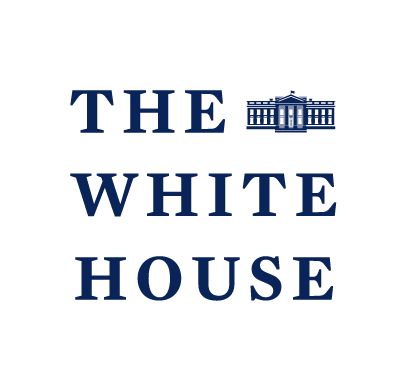Diplomatic Efforts to Combat Cyber Threats and Maintain International Cyber Resilience
by
May 15th, 2024
Audio Presented by

The White House is the official residence and workplace of the president of the United States.
About Author
The White House is the official residence and workplace of the president of the United States.
